Channels
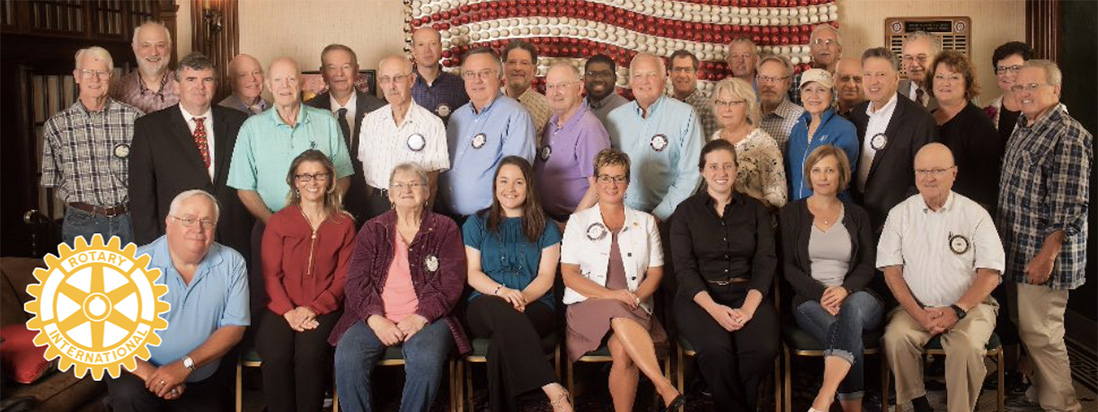
Rotary
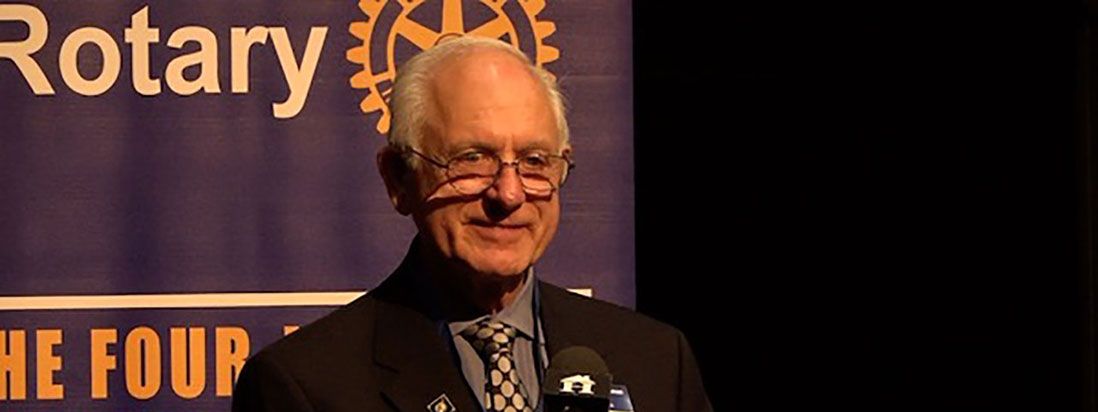
Rotary Conference

Laurel Health Centers

Penn Oak Realty

Movin Together

Bank On It
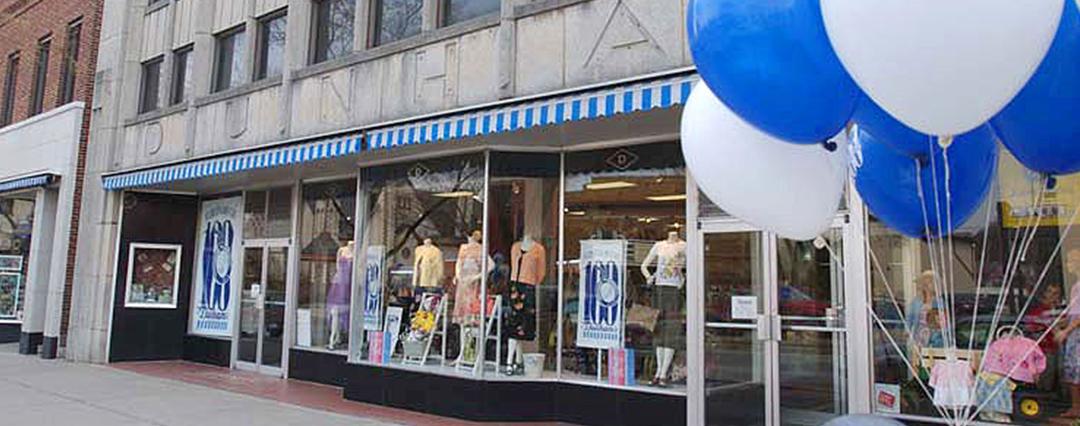
Dunhams Corner
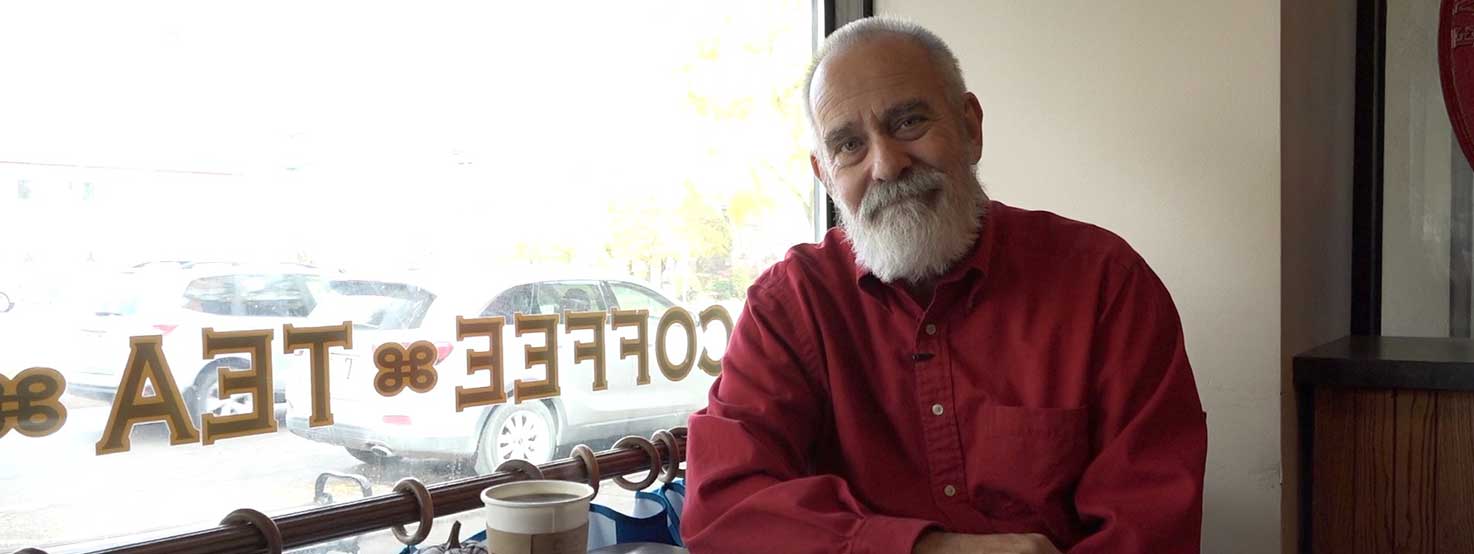
By The Door

Questioning Life

Karschners Insurance

Ag Happenings

Back to Basics

Hornet Happenings
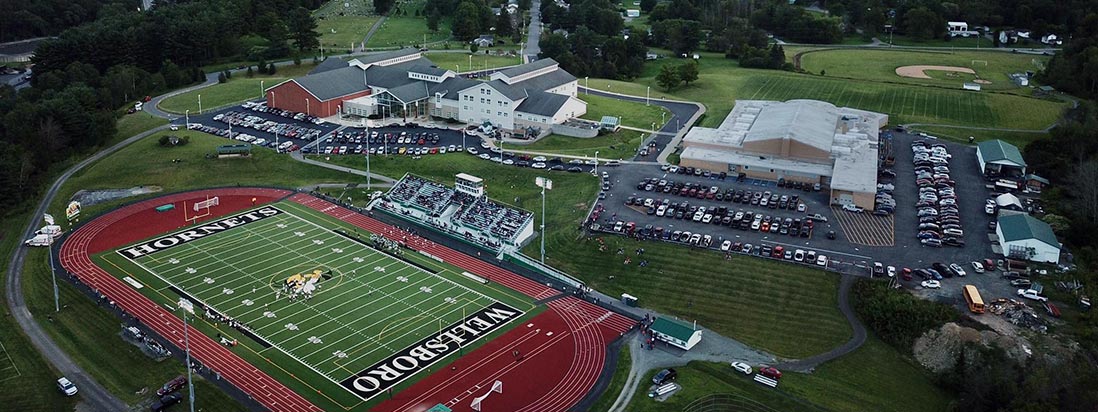
Live From The Hive

Momday Monday

Pennsylvania Politics

The Briefing

Weekly Highlights
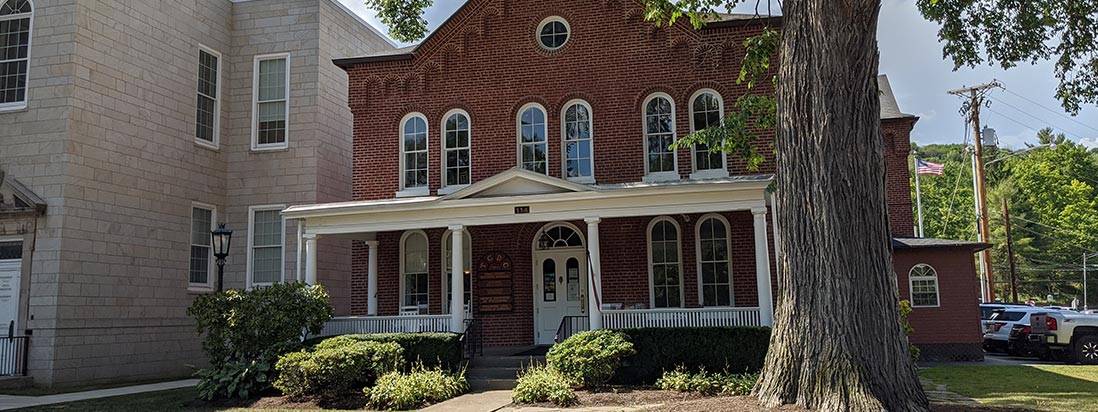
Wellsboro Chamber
Preventing and Detecting Cancer
March is National Colon Cancer Awareness Month and Home Page correspondent Sara Vogt had the opportunity to speak with Dr. Darius Abadi, a general surgery specialist with UPMC Susquehanna in Wellsboro, about colon cancer and its prevention. According to the American Cancer Society about one in twenty Americans will develop colon cancer at some point during their lifetime. But the good news is that when colorectal cancer is found at an early stage before it has spread, the five year relative survival rate is about 90%. Colonoscopy is one of the best tests we have to identify cancers in the early stages, and is the only screening that is preventative as well as detective.
When asked what is revealed during a colonoscopy procedure, Dr. Abadi explains that during a colonoscopy, polyps and cancers can be detected, as well as other conditions. Colon cancer is one of the most preventable cancers and early detection and treatment leads to a better prognosis.
“Colon cancers don’t occur by themselves,” Dr. Abadi explains, “They usually occur out of a polyp. It is very rare for someone to get cancer right from the colon itself. Usually they get a polyp and the polyp increases in size . . . it can start changing. And as it changes it can become cancerous. So if we can catch a polyp early and remove it, then that risk of cancer is gone . . . The later a cancer is caught the poorer the prognosis.”
The American Cancer Society recommends that those over the age of fifty have a colonoscopy performed. Unfortunately 40% of individuals are not undergoing the screenings.
When asked why people hesitate to have the screenings, Dr. Abadi points to misconceptions, fear, not knowing what to expect, not knowing about the procedure, concern about potential risks, and resistance to the process of preparing for the procedure.
Dr. Abadi points out that colonoscopy is actually a low risk, minor procedure; and the benefits far outweigh any potential risk. He also notes that no physician or healthcare organization would recommend any test or procedure where the risks outweigh the benefits.
“There are a lot of patients that present to us with end stage colon cancer,” laments Dr. Abadi, “And at that point it is too late to treat them and they don’t do well. So the earlier the better, and colonoscopy is one of the best tools we have to detect colon cancers or polyps early and treat them and save the patient’s life.”
When asked about his opinion on other tests, he noted that every test has limitations. And ultimately if a potential problem is discovered as a result of another screening, such as a barium enema or a stool test, a colonoscopy will still need to be performed.
Dr. Abadi also discussed Cologuard, which he describes as, “The newest stool test that we have [and] looks for both blood and DNA. So polyps and cancers, as they grow, they shed DNA . . . but again the polyp has to be larger for it to be picked up.” If the test is positive, once again, a colonoscopy is indicated.
“Again, the gold standard is the colonoscopy,” he emphasizes.
He also notes that while the general recommendation is to have a colonoscopy at the age of fifty, and then again in ten years if the results are normal, there are other circumstances—such as family history, personal health history and ethnic background—which may alter the recommendations and lead a physician to recommend screening tests or a colonoscopy more frequently or earlier.
So if everything is normal, “You are talking about two colonoscopies in your lifetime.”
Dr. Abadi encourages us all to be proactive about our health. This includes not only getting the screenings that can save our lives, but also taking responsibility for our own well-being on a daily basis. In regards to colon health, Dr. Abadi points out that a diet that is high in fiber and low in fat—roughage, vegetables, fruits, whole grains—is essential.
For more information on colonoscopies and digestive health, call UPMC Susquehanna’s general surgery office in Wellsboro at (570) 723-0716 or the Digestive Disease Center in Williamsport at (570) 321-3454, or visit their website listed here.
Be sure to join us next Tuesday as we tour UPMC Susquehanna’s colon display for an in-depth look at colon cancer prevention and early detection!
Thanks for joining us on the Home Page Network.
Credits:
Idea/Concept: Sara Vogt
Videography: Andrew Moore
Video Editing: Andrew Moore
Writing: Heather Weiner
Anchor: Rhonda Pearson
Correspondent: Sara Vogt
Produced by Vogt Media
Home Page Sponsors: UPMC Susquehanna






































